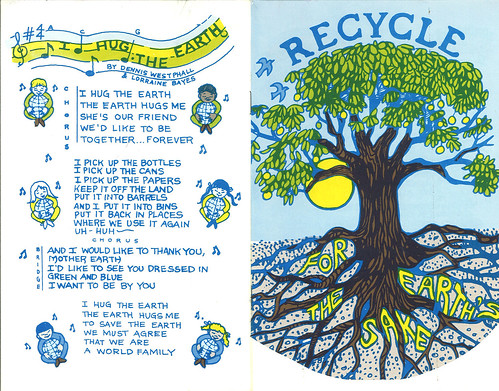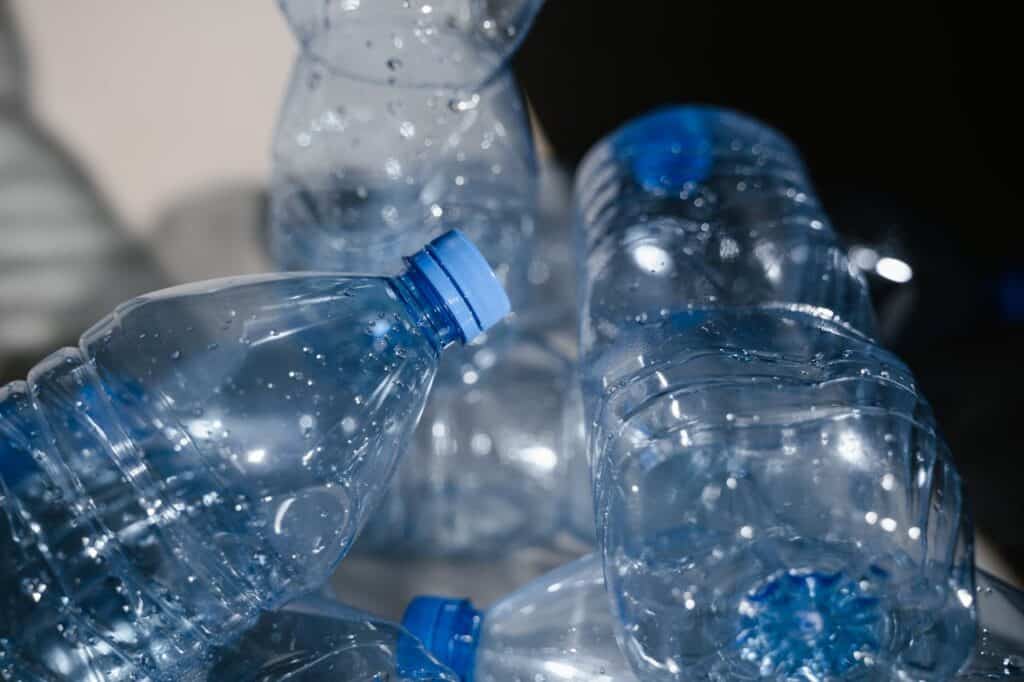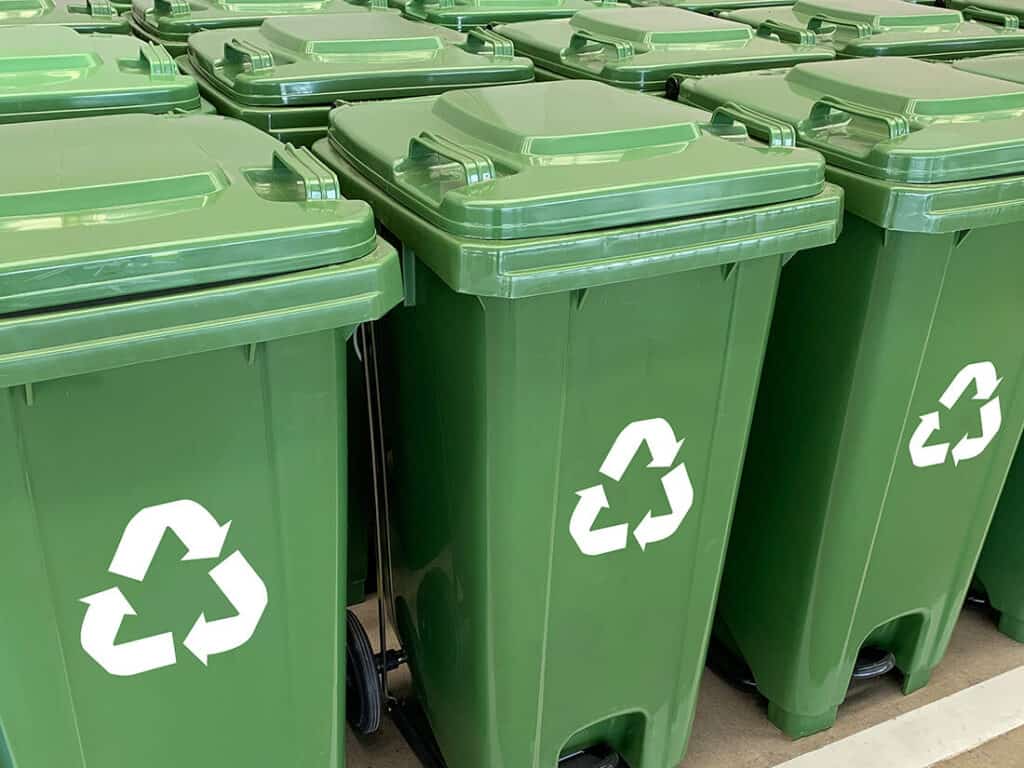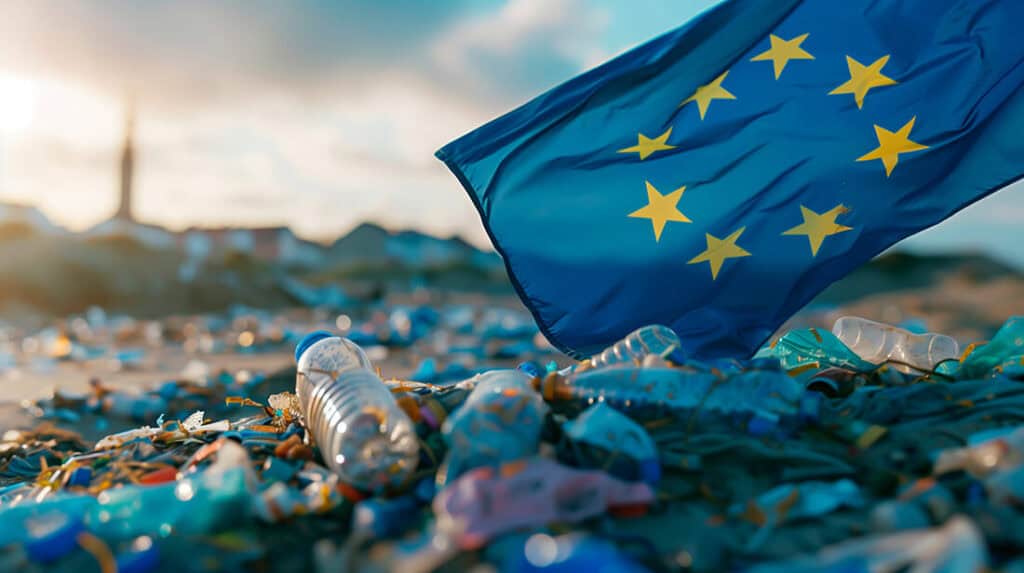- Last Update: October 17, 2024
- Key Takeaways
- In the 1980s, landfill usage peaked, and it has been remembered as 'The landfill crisis of the 1980s'.
- Towards the end of the 1980s, what had once been known as the 'Environmental movement', now became referred to as the 'Conservation movement'.
- In 1986 American landfill rates stood at 86%.
Recycling In The 1980s
In this series of articles, we are looking at recycling through the ages, considering the changes in mentalities and behaviors, the environmental savings, and the comparative costs. This week we will be looking at the 1980s.
1980s Recycling Infrastructure
The 1970s brought recycling structure; some organisation to a cause that many thought was the product of hippie idealism. It was deemed a liberal practice, and to some it was beneath them. Regardless of those who didn’t care about the environment, the numbers of those who did continued to expand. Despite the knowledge, education and availability multiplying, so did the throwaway culture, the major manufacturing of disposable items and the dependence of landfills. In the 1980s, landfill usage peaked, and it has been remembered as ‘The landfill crisis of the 1980s‘.
Recycling is a viable way of protecting the environment, so why did the 1980s seem to decline in a movement that seemed to be prospering? It was all down to money, landfill space was cheap and seemingly effective; why would people go to the trouble of recycling when they could dump it for pennies? The end for landfills was sustainability. It became clear that this was not a sustainable method, and so the government worked extremely hard to to make sure that recycling didn’t remain an afterthought as they moved towards the 90s.
Birth of CSR
Towards the end of the 1980s, recycling clicked, and what had once been known as the ‘Environmental movement’, now became referred to as the ‘Conservation movement’. It also became not just a means of getting rid of waste, but a means of attracting customers. This was when Corporate Social Responsibility, better known as CSR, came in to effect. Amid concerns that the escalating use of landfills and their toxic, damaging properties was causing long term environmental damage; action began.
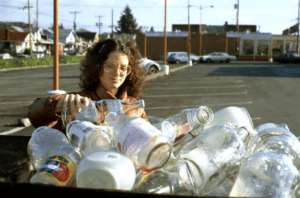
Landfill Closures
Landfills closed, some increased their costs massively and some became so heavily regulated that people felt pressured to recycle what they could. There were protests against new and expanding landfills, and alternatives became the focal point. Businesses saw these genuine concerns as a tool for bringing in a new customer base, the environmentally interested. By using ideas like recycled packaging and making Eco-friendly products, these companies began to see profits rise, and CSR grow.
In 1986, the year the M25 was completed and the 7 million people in the USA took part in ‘Hands Across America‘ (including my mother), American landfill rates stood at 86%. In the same year and country, there were only 310 companies that handled post-consumer plastic.
The Pollution Threat
A major reason for landfill closures was the threat of water pollution through toxic decomposition affecting wells and other underground sources. This problem wasn’t exclusive to the USA; in the Netherlands toxicity scares compromised many landfills and they soon closed. In 1989, the year that Sky TV reached the UK and George Bush Senior became the American President, the Environmental Protection agency released an 80-page manifesto outlining the planned future for landfill avoidance and increased recycling. In this year, the USA produced nearly 150 million tonnes of recyclable containers and packaging. The index stated six main topics:
-Increase Available Information
-Increase Planning
-Increase Source Reduction Activities
-Increase Recycling
-Reduce Risks of Combustion
-Reduce Risks of Landfill.
Here is the introduction to the section headed ‘Increase Recycling‘:
‘Objective: Increase Recycling’
‘Recycling waste materials diverts potentially large volumes of wastes from landfills and combustors. Thus, recycling is absolutely vital to achieving local and national goals. Recycling is also important because it stops unnecessary depletion of valuable natural resources. Finally, recycling is an excellent educational tool to raise awareness in individuals of all types of waste management, because everyone must becomes conscious of what they do and do not discard. In order to increase recycling, markets must be available, more recyclables need to be separated, collected and marketed, a National Recycling Council should be formed. Incentives and disincentives for safe recycling should be examined and waste exchanges should be promoted. Of course, it is essential that, in the development of recycling programs, risks to human health and the environment are minimised from recycling’.
I couldn’t have put it better myself. This was a fantastic message to assist the future in reaching recycling goals. The booklet worked, and recycling more than doubled over the following ten years.
Expert thoughts
When discussing recycling during the 21st century, Historian Lori Gonzales told me ‘I think many people were actually recycling long before, but we didn’t use the word “recycle.” Instead, we would refer to persons who recycled as being “thrifty.” I remember my great-grandmother talk about the Great Depression and how she would resole everyone’s shoes, darn the holes in the socks and turn old clothes into new “designs.”
From a young age, I learned how to unwrap gifts without destroying the wrapping paper and bows, because in later years, my great-grandmother was a member of a women’s auxiliary and they would use the paper to wrap things for the yearly “white elephant” bazaar. She also saved the string from things like bags of sugar and these would become balls of twine.
I think we have evolved into such a disposable society, we forget that recycling was the norm for many in the past’
Thanks to Lori for her comments.


